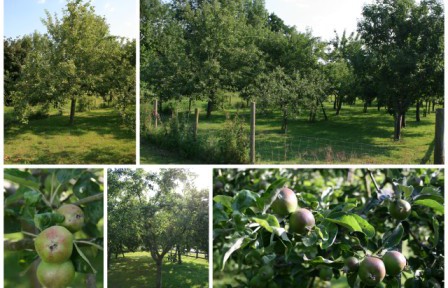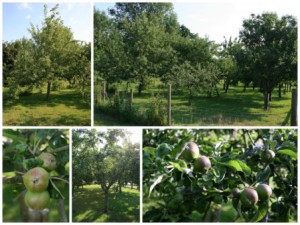
 Philosophers more grave than wise Hunt science down in Butterflies;
Philosophers more grave than wise Hunt science down in Butterflies;
Or fondly poring on a Spider
Stretch human contemplation wider;
Fossiles give joy to Galen’s soul,
He digs for knowledge, like a Mole;
In shells so learn’d, that all agree
No fish that swims knows more than he!
(John Gay, ‘To a Lady on her Passion for Old China’, 1725)
From the day I started with Natural Networks I have been immersed in new experiences and opportunities to learn new skills, so much so that the last 7 months has passed with unprecedented speed. The apple trees that blossomed in spring are now bearing fruit ripe for the picking and before long the leaves will have dropped and pruning can begin. Of the 15+ orchards I have discovered across the National Forest most are in need of restoration alongside the re-invigoration of community interest and participation. My most recent challenge has been to select which community orchards will benefit the most from the project.
I have spent a significant amount of time in meetings, networking, training and on site visits to find community orchards (with willing people) that have the potential to flourish. I continue to be inspired by those people I meet who give so much of their time and energy to local communities and the environment improving peoples lives in often ‘resource poor’ organisations. The question I often ask myself is why, if engaging with green spaces has such a positive affect on peoples lives, do more people not participate in outdoor environmental activities? I like to think that in the future many more people will one day return to 1898 when John Muir wrote:
Thousands of tired, nerve-shaken, over-civilised people are beginning to find out that going to the mountains is going home; that wildness is a necessity and that mountain parks and reservations are useful not only as fountains of timber and irrigating rivers but as fountains of life. Awakening from the stupefying effects of the vice of over-industry and the deadly apathy of luxury they are trying as best they can to mix and enrich their own little ongoings with those of Nature, and to get rid of rust and disease (John Muir, 1898)